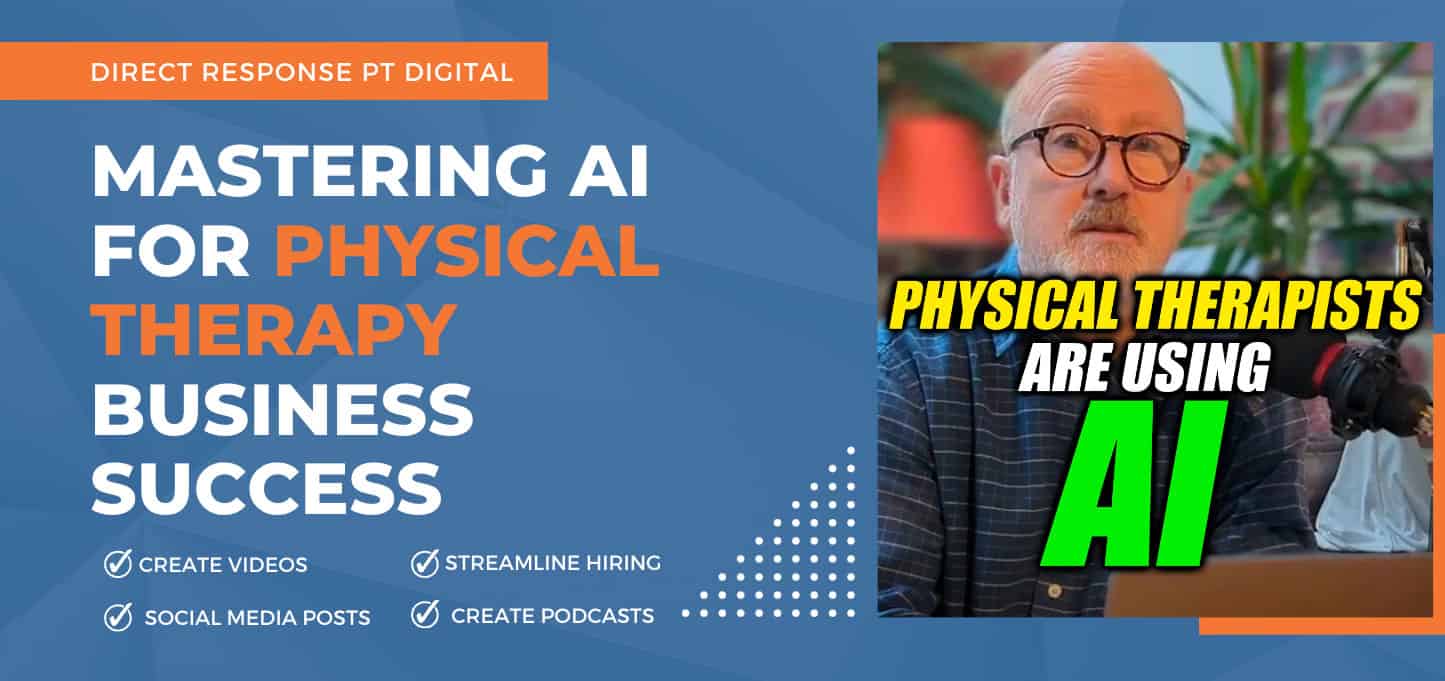In the rapidly evolving landscape of modern business, Artificial Intelligence (AI) has emerged as a buzzword often associated with both awe and apprehension. The question, “Can AI be harmful to your business?” is not just common but incredibly pertinent. However, the key to addressing this concern lies in understanding AI’s role and implementing it with a balanced and informed approach.
Understanding AI’s Role in Business
AI’s primary intention is to augment human capabilities, enhance efficiency, and boost productivity across various business operations. From automating mundane tasks to providing deep analytical insights, AI’s potential to transform business processes is immense. Yet, as with any powerful tool, its benefits come with potential challenges.
Addressing AI-Related Fears Through Education and Ethical Practices
Fear of AI often stems from misconceptions or improper use. Concerns such as data privacy violations, ethical breaches, and job displacement are valid, yet they can be managed effectively. Education and training are crucial in demystifying AI for employees and stakeholders, ensuring its responsible and ethical use.
Adopting ethical AI practices is fundamental. This involves implementing transparent data usage policies and ensuring AI’s decision-making processes are fair and unbiased. Ethical AI not only fosters trust but also aligns technological advancements with human values.
The Human-Centric Approach: AI as an Augmentation, Not a Replacement
Emphasizing a human-centric approach is vital. AI should be seen as a tool to augment human skills, not replace them. This perspective leads to AI applications that enhance human work, leading to more effective outcomes and mitigating fears of job loss.
Risk Management
In the world of Artificial Intelligence (AI), managing risks is really important for businesses to get the most out of AI while avoiding problems. Basically, it’s about figuring out what could go wrong, how bad it could be, and then finding ways to prevent or fix these issues. These risks can come from different areas like technology problems, ethical concerns, or just how well AI fits into your business operations.
Keeping AI Aligned with Business Goals
AI systems are not “set and forget” tools. They require regular monitoring and updates to ensure they function as intended and remain aligned with evolving business needs and environments.
Embracing AI with Caution and Confidence
While AI does pose certain risks, these are manageable with knowledge, the right approach, and safeguards. Rather than fearing AI, businesses can embrace its potential while being mindful of its challenges. This leads to a more efficient, innovative, and competitive future. The journey with AI in business is not about replacing human ingenuity but enhancing it, ensuring that AI serves as a partner in progress rather than a source of apprehension.
Eager to Put AI to Work but Not Sure How to Get Started?
My new course will be perfect for you:









